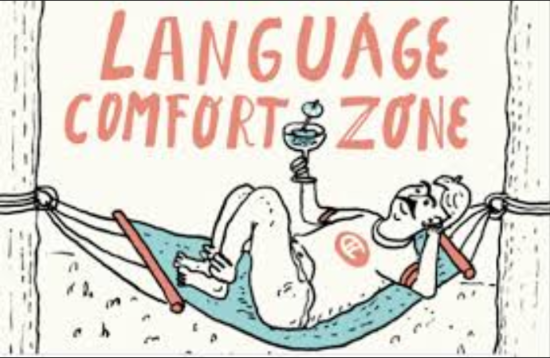
Sam and Simon
The thirties are a strange time, a sort of limbo between not being old enough to be considered middle-aged and not quite young enough to be considered...well, young. However, they are thought to be the time when an individual attains maturity and stability in most areas of life, or so we like to think. Ces gars-là, roughly translated as "Those Boys," follows the lives of two quirky bachelors in their thirties as they chase highs and experience lows in the metropolis of none other than Montréal. The show has been a surprising hit on the relatively minor V network, attracting 500,000 viewers in its first season, and was renewed for a second season which debuted last February. It breaks ground in Quebec television through its realistic representation of life in Montreal, such as the pervasive use of anglicisms in everyday French speech, as well as the evident presence and influence of multiculturalism and bilingualism throughout the city. Despite its raunchy and occasionally over-the-top brand of humour, the show is nonetheless thoroughly entertaining thanks to its original characters, plot and dialogue.

Recent Comments